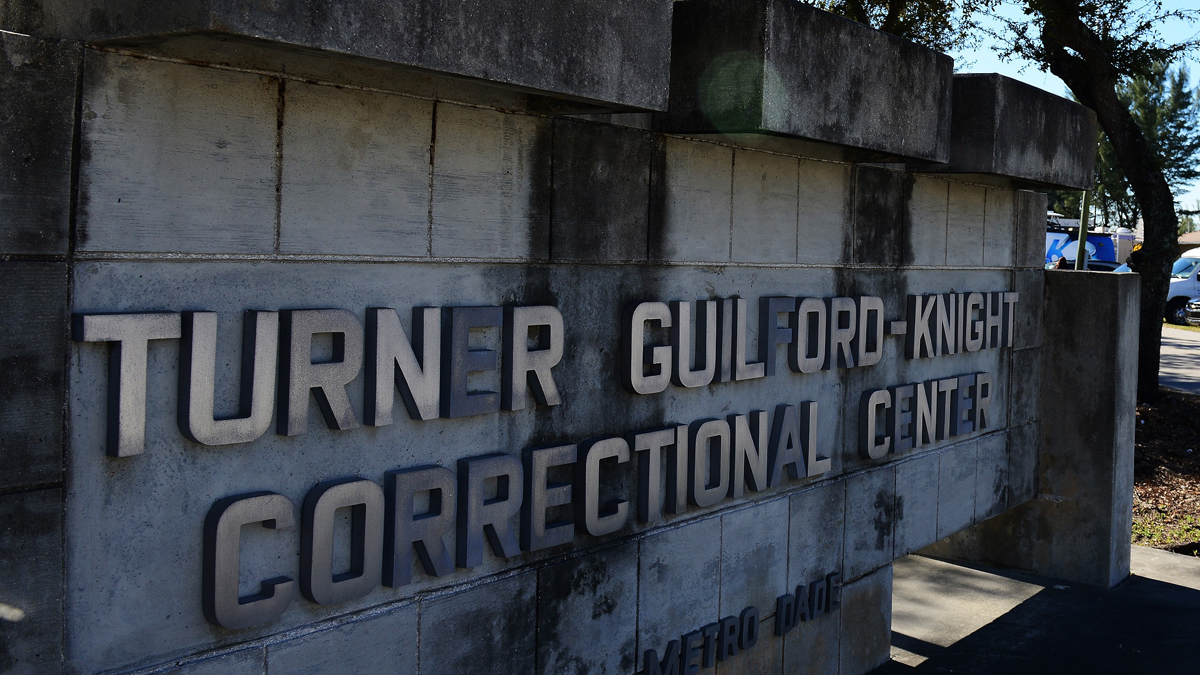Jeffrey Donovan, the ShamWow guy, Lawrence Taylor, Jim Morrison...even quiet old Mickey Rourke's been known to indulge in a little South Florida celebrity arrest action.
Somehow Grammy nominee Buju Banton's legal trouble sounds considerably less incidental and a lot more serious than the arrests of other stars: the controversial Jamaican reggae artist has been in custody since Thursday on federal charges of conspiracy to possess with intent to distribute more than five kilograms of cocaine.
(That's an amount worth either $15,000, $120,000, more, or free, depending on what fellow celeb signifies Banton's market discount.)
The charge stems from a case out of the U.S. Attorney's office in Tampa, where Banton, whose real name is Mark Anthony Myrie, will be transferred. Details in the case were not released.
Banton, who splits time between homes in Tamarac and Jamaica, isn't a stranger to notoriety. While heralded by reggae devotees as one of the most important voices for poor Jamaicans, Banton has faced heavy criticism, protests, and boycotts over lyrics that appear to advocate or endorse violence against gays in his most infamous song, 1992's "Boom Bye Bye," and others.
He was charged with helping beat six gay men in Jamaica in 2004, but a judge dismissed the case for lack of evidence.
His latest effort, "Rasta Got Soul," was nominated for a Grammy in the Best Reggae Album category on December 2 -- recognition that stirred up heavy opposition from the groups Gay Men of African Descent, National Black Justice Coalition, and the Gay & Lesbian Alliance Against Defamation.
Local
A fall tour in support of the album saw many U.S. dates canceled by protests, though a Halloween night concert in Miami at the city-owned James L. Knight Center went ahead without promoter support and reportedly lost tens of thousands of dollars.
Debate has swirled over "Boom Bye Bye," helped, in part, by conflicting statements from Banton himself. The song was originally recorded in 1988, when he was a teenager, but released in 1992 while Banton enjoyed a string of hits in his home country. Supporters say he purposefully stopped performing the song, but a YouTube video from a 2006 Memorial Fest performance in Miami begs to differ. Then there's the matter of his signature on the anti-hate-speech Reggae Compassionate Act in 2007, an endorsement Banton denied, and the question of whether he was speaking of or for a culture, or expressing his own opinions.
For now, Banton has more pressing issues: if convicted, he faces up to twenty years in prison.



